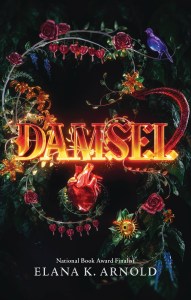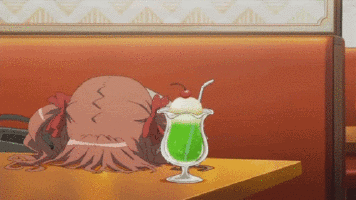The Indifferent Stars Above by Daniel James Brown
I don’t know how much the rest of America/the world learns about the Donner Party in school but for me, growing up in Northern California, it was local history and something that was taught to us in the fourth grade, probably right after we did the mission project. I enjoyed learning about the Donner Party at the time, because nine year olds are morbid little assholes who find people having to resort to cannibalism fascinating, but never felt the need to dig into the story further. Daniel James Brown managed to interest me deeply in a story that was, I thought, old hat to me. With a combination of just the right amount of detail and some truly lovely writing, he wove a fascinating narrative that made clear how things went so very wrong for the Donner Party. His attempt to pick a main character to follow through the story didn’t always work but he did use it to good effect most of the time. The audiobook is to be avoided at all cost, the narrator wouldn’t know an emotion if it kicked him in the face and just generally, I really, really did not like his voice. Four stars.
Followers by Megan Angelo
Followers has two main storylines, one set in the current era and another thirty-five years into the future, after some catastrophic Event has devastated the world. The modern storyline progresses in a linear fashion, if I recall correctly, but the future storyline bounces around a bit, giving us important narrative clues as it does. We slowly learn what the Event was and the changes it wrought in America, while following the lives of three very different women. The book has a lot to say about fame and social media and the information about all of us that is floating around out there. It does not say anything particularly new or inventive on these subjects but it does present its opinions in a fairly readable story. That said, this book is SO white. So, so white. The fact that the narrative acknowledges the whiteness of the story and gives a “reason” for it does not, in my mind, excuse the overwhelming whiteness of it all. Going into it, I wanted to like this books a lot but, in the end, it’s a resounding “meh” from me. 2.5 stars.
Timeline by Michael Crichton
A corporation discovers how to time travel. It funds groups of historians/archeologists to study historical sites in the hopes of finding a good location for the ultimate Medieval Times venue (now with Real HistoryTM!). One thing leads to another and a group of intrepid history students have to travel back in time to rescue their professor. All I have to say about this book is: OMG, is this what all Michael Crichton books are like? Why do people like them? What the actual fuck? This book was like all the worst parts of Doomsday Book with none of the redeeming emotional arcs or well written women. I hated every single thing about this book. I cared about none of the characters, the plot was boring (y’all, there’s this whole part that’s just about having to fill part of the time travel machine with water. Oh no, will putting the water in too fast break the machine? Oh no, do we have repair supplies for the water chambers? Oh no, can we fill the water chambers quickly enough save our heroes? Oh no, CAN YOU SHUT THE FUCK UP ABOUT THE WATER), the villains were cartoonish, the writing was terrible, and it was sexist like whoa. I just cannot even with this fucking book. Like, no shade at anybody who enjoys Michael Crichton, but I am genuinely curious as to why?! Did my bookclub just happen to pick the worst possible Michael Crichton book to read or is this actually a fair example of what he had to offer? Because, and I cannot emphasize this enough, I hated every single part of this fucking book. One star.



